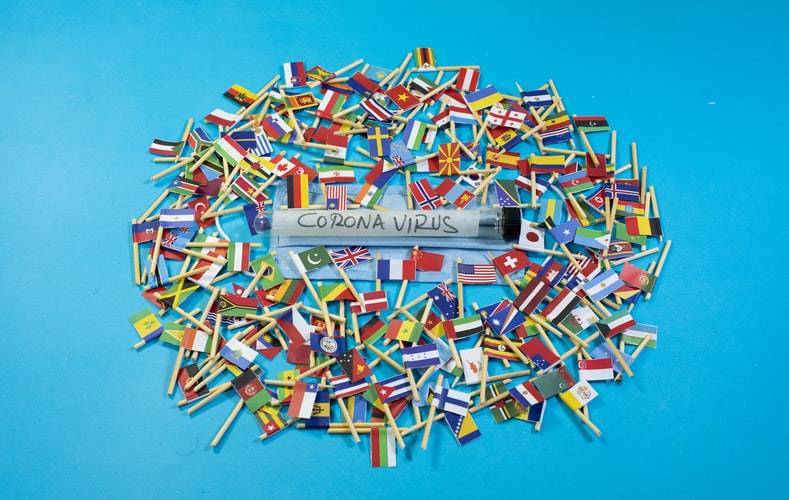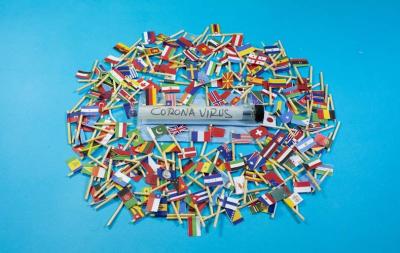Experts who previously issued a report in March for the World Health Organization on the origins of the COVID-19 pandemic warned that research on this issue is currently "stalled" and that it is crucial to reignite it, as the likelihood of reaching a conclusion diminishes over time. The experts wrote in an article published in the journal "Nature" on Thursday that "the search for the origin of the SARS-CoV-2 virus has reached a critical turning point" and that "the available timeframe to complete this essential investigation is rapidly running out."
They explained that "antibodies decrease over time, and thus, sampling (animal) and testing individuals who may have been exposed before December will gradually yield diminishing results." The 11 scientists, including Dutch expert Marion Koopmans, British expert Peter Daszak, Vietnamese expert Hong Nguyen Viet, and Qatari expert Faraj Al-Mubasher, noted that "our report... was intended to be the first phase of a mechanism that is now stalled."
The scientists were part of a team of 17 international experts commissioned by the World Health Organization and 17 Chinese experts, which released its report on March 29 after an investigation conducted in January in Wuhan, the origin of the pandemic in China. The report at that time did not provide any conclusive answers but listed four scenarios categorized as almost highly unlikely to very likely. It stated that the hypothesis of the virus being transferred to humans via an intermediate animal is "possible to very likely," while categorically ruling out the possibility of the virus leaking from a lab due to an accident.
The report favored the common hypothesis that the virus transitioned naturally from animals, most likely bats, via another unspecified intermediate animal. However, the experts noted that direct transmission of the virus from animal to human is "possible to probable," without dismissing the theory of transmission through frozen meat, which is favored by Beijing, considering this scenario "possible."
The experts pointed out that "no data" supporting the "lab leak hypothesis" has been published or submitted to the WHO since then. The report faced criticism upon its release for downplaying China’s responsibility. The scientists commented that "the Chinese team has been and remains reluctant to share primary data," especially concerning the first 174 infections identified in December 2019.
On August 13, China rejected a call from the WHO for a new on-ground investigation, deeming the initial investigation sufficient. American media reported on Tuesday that another report commissioned by President Joe Biden from intelligence agencies could not resolve the sensitive issue of the origins of COVID-19, a contentious point between Washington and Beijing.
In Geneva, WHO Director-General Tedros Adhanom Ghebreyesus stated on Wednesday that the expert report from March outlines "a number of studies that can be conducted without delay." He said during a press conference, "We have encouraged various parties to continue these studies." Meanwhile, Maria Van Kerkhove, the director of the technical team responsible for the pandemic at the WHO, reported during the press conference that several of these studies are currently underway globally, including in China. Additionally, Michael Ryan, WHO's emergency situations chief, noted that "there is no need to engage a new international team (of experts) unless absolutely necessary."




